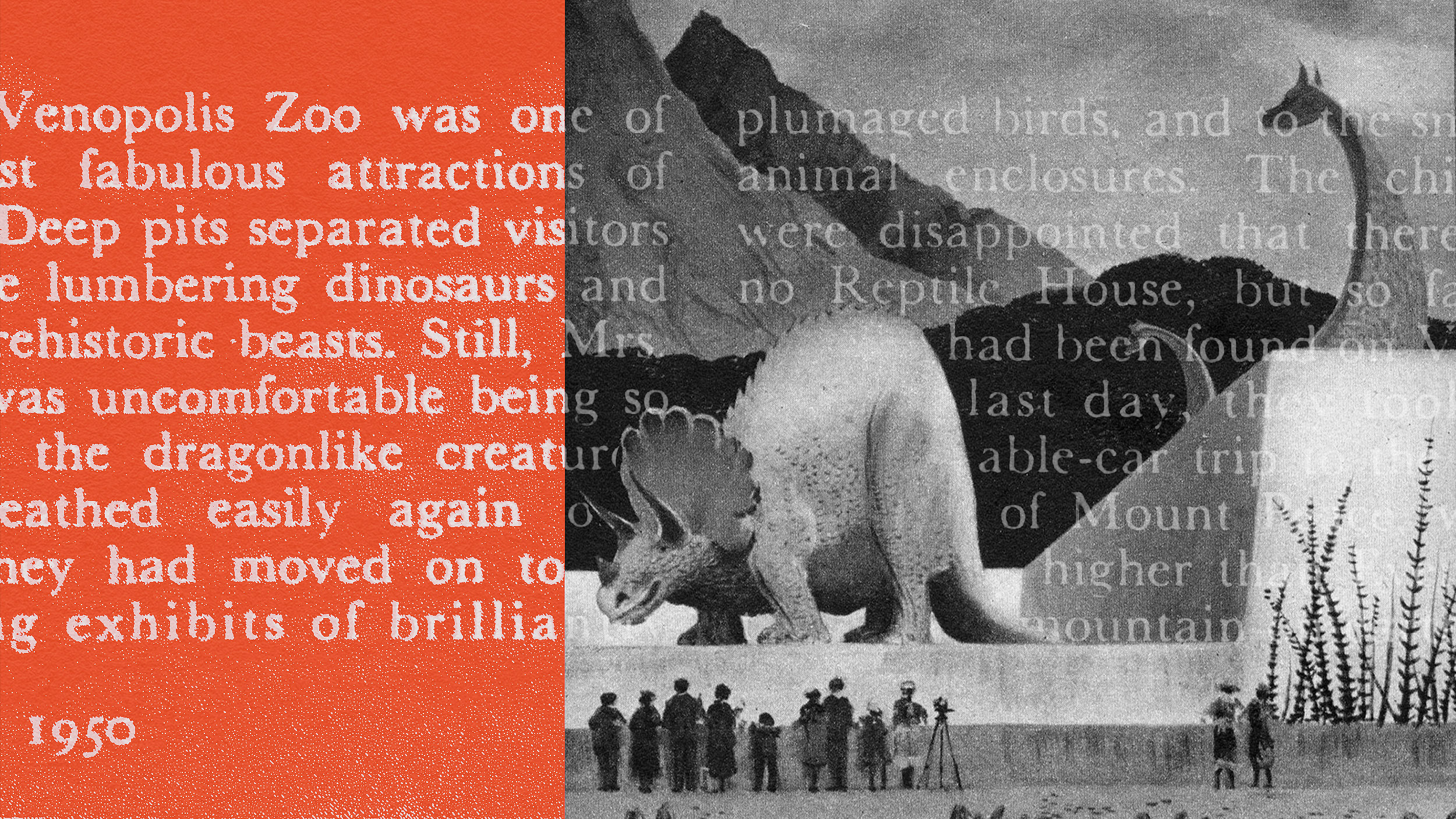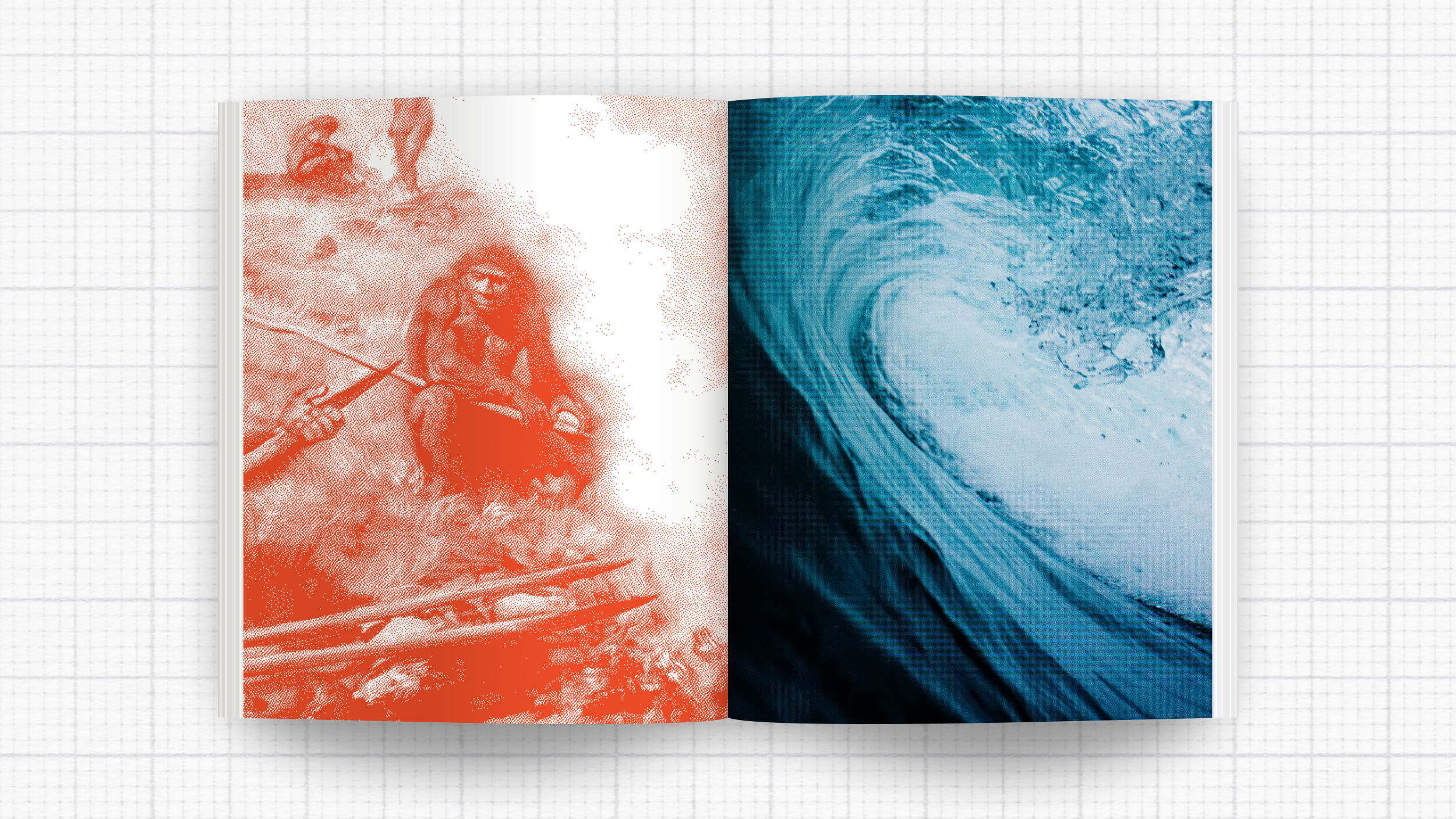Nancy Koehn sees life as a London sidewalk more than an MIT blackboard.
Question: Do you have a personal philosophy?
Nancy Koehn: I think I have been looking for a personal philosophy and a set of principles or precepts for a long, long time. I studied philosophy as a minor in college. I was in a great books program. My father was a philosopher. I am fascinated by religion and literature. And I think all of that … And have tried haltingly and fumblingly to understand the large metaphysical implications at a very general level of some of the most important achievements of, you know, of quantum physics and mathematics in the 20th century which have had such great important on how we think of our place in the cosmos. I think I’ve been looking for a long time for that system, or that set of beliefs. And I’ve realized in the last four or five years that it’s not there for me, that I can stop looking. And that really, my … What holds together my own outlook on the world and what I believe is much more like a chalk drawing on a London sidewalk than it is like one of those indecipherable equations on an MIT blackboard; and that I fundamentally believe … I think Einstein ironically said, “One of the most important choices that a person makes” – perhaps one of the most important – “is whether you believe the universe is fundamentally good or bad” – good or evil. And I believe very strongly in the goodness of the universe without in any way downplaying or ignoring the presence of evil. But the way I see that goodness is in pastels, and soft hues, and unexpected colors and parts of the drawing rather than with the clarity or neatness of much of more organized ways of thinking about the world and man’s place in it. I think my most important . . . my most important value is integrity to act, and to comport myself, and to be with others and with myself in a way that has a cohesion and adherence to all of who I am. And by that I mean all of my . . . all of the best parts of who I am. And so I think acting and living with integrity is the most important value of mine. And I think it’s the value from which the rest of my better self flows.
Recorded on June 12, 2007






